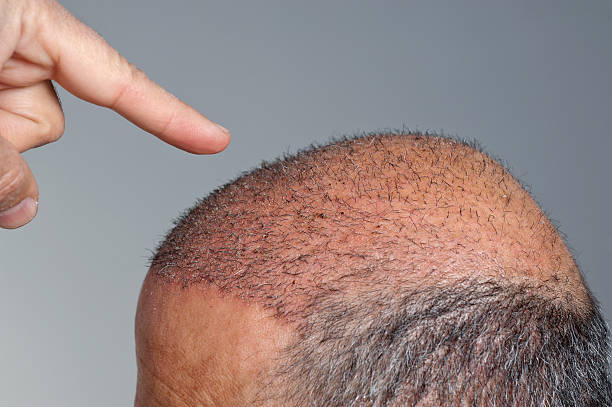Scalp Psoriasis Explained: Symptoms, Causes, and Relief Options
Scalp psoriasis is a chronic skin condition that can cause itching, flaking, and discomfort. In this article, we explore the key symptoms, possible causes, and treatment options that can help manage flare-ups and improve your quality of life without making exaggerated claims.

What Are the Common Symptoms of Scalp Psoriasis?
Scalp psoriasis presents with several distinctive symptoms that can vary in severity. Typical signs include thick, red patches of skin covered with silvery-white scales, intense itching, and potential hair loss in affected areas. Some individuals experience mild, localized patches, while others may have more extensive coverage across the entire scalp. The patches can extend beyond the hairline to the forehead, neck, and around the ears, making it more than just a scalp-specific condition.
What Triggers Scalp Psoriasis Flare-Ups?
Multiple factors can trigger or exacerbate scalp psoriasis symptoms. Common triggers include:
-
Stress
-
Hormonal changes
-
Certain medications
-
Skin injuries or infections
-
Cold and dry weather
-
Immune system challenges
-
Genetic predisposition
Identifying and managing these triggers can help reduce the frequency and intensity of flare-ups. Keeping a personal journal to track potential triggers can be an effective strategy for understanding individual patterns.
What Are the Most Effective Treatment Options for Scalp Psoriasis?
Treatment approaches vary depending on the severity of the condition. Options include:
- Topical treatments:
-
Corticosteroid creams
-
Vitamin D analogues
-
Salicylic acid preparations
- Systemic medications:
-
Oral retinoids
-
Biologics
-
Immunosuppressants
- Alternative therapies:
-
Light therapy
-
Medicated shampoos
-
Natural remedies
How Can You Manage Scalp Psoriasis Flare-Ups at Home?
Self-care plays a crucial role in managing scalp psoriasis. Strategies include:
-
Using gentle, fragrance-free hair care products
-
Avoiding harsh chemical treatments
-
Maintaining a consistent moisturizing routine
-
Managing stress through relaxation techniques
-
Protecting the scalp from extreme temperatures
-
Maintaining a balanced diet rich in anti-inflammatory foods
Which Scalp Psoriasis Treatments Are Most Commonly Prescribed by Dermatologists?
| Treatment Type | Common Medications | Typical Usage |
|---|---|---|
| Topical Treatments | Clobetasol propionate | Moderate to severe cases |
| Systemic Medications | Methotrexate | Extensive or treatment-resistant psoriasis |
| Biologics | Adalimumab | Severe cases with significant skin involvement |
| Light Therapy | UVB phototherapy | Widespread psoriasis |
Prices, rates, or cost estimates mentioned in this article are based on the latest available information but may change over time. Independent research is advised before making financial decisions.
Scalp psoriasis is a complex condition requiring personalized medical attention. While management strategies can provide relief, consulting a dermatologist for a tailored treatment plan remains the most effective approach to managing this chronic skin condition.
Disclaimer: This article is for informational purposes only and should not be considered medical advice. Please consult a qualified healthcare professional for personalized guidance and treatment.




